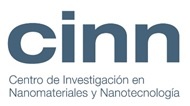Projects
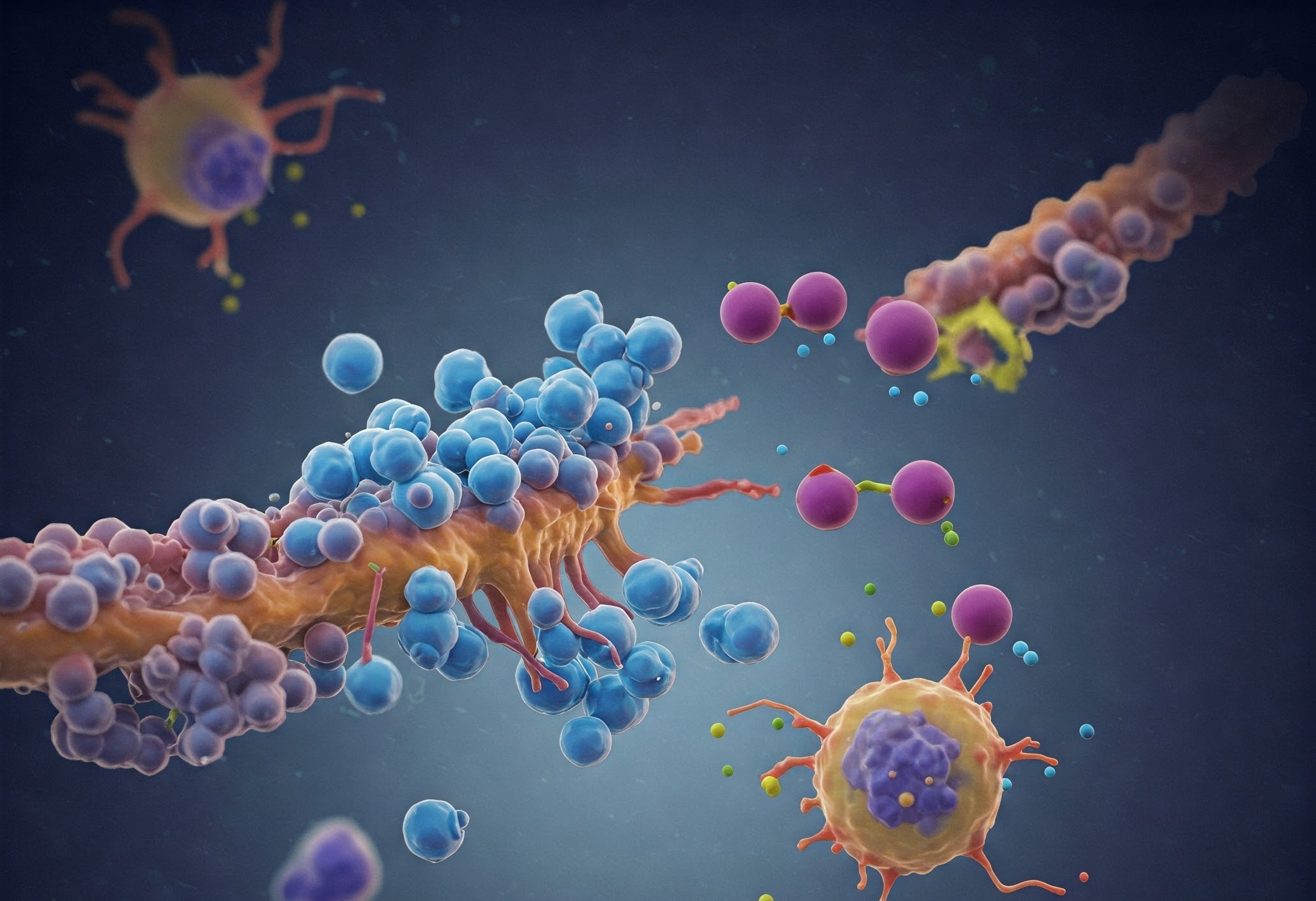
Targeting Adenosine Receptors in Immune-Oncology
This project responds to the growing biopharmaceutical interest in developing small molecules targeting immune metabolism that complement existing immuno-oncology therapies, with limited success rates of 50%. We will address the characterization and therapeutic intervention of the A2B adenosine receptor (AR), a G protein-coupled receptor (GPCR) that is part of the purinergic signaling pathway commonly altered […]

Bioinspired Singlet Fission Photon Multipliers (BioSinFin)
Higher efficiency for silicon solar cells Renewable energy is crucial for the EU to meet its climate goals and remain a global leader in clean energy. Photovoltaic (PV) technology, especially silicon-based solar panels, plays a big role in this effort. However, silicon solar cells lose some energy through a process called thermalisation, whereby excess photon […]
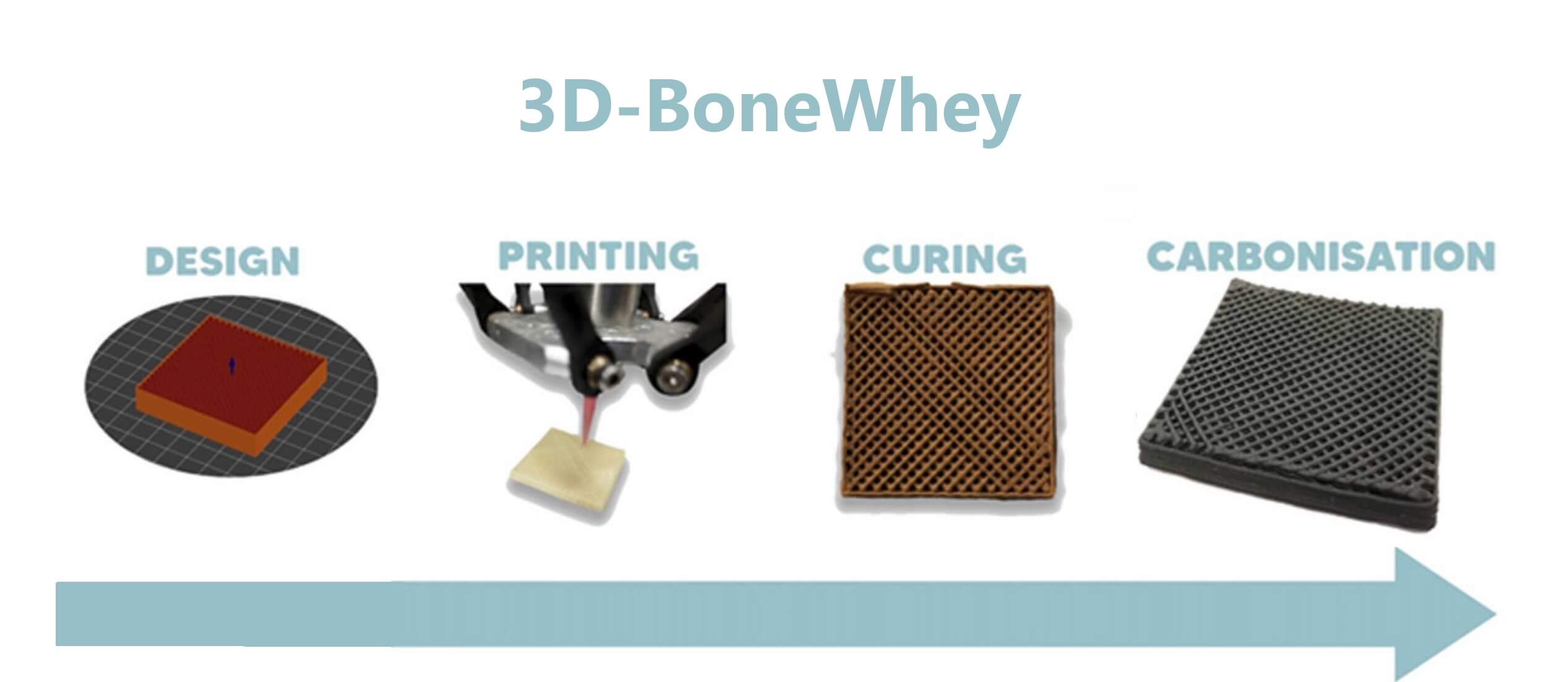
Additive manufacturing of bone scaffolds with antimicrobial properties (3D-BoneWhey)
3D-BoneWhey proposes a solution for two social problems: osteoporosis and antimicrobial resistance. This project thus aims to guarantee the lifelong health and well-being of people. During the project we will develop a new composite material as osteogenic template (scaffold) for bone regeneration that combines: bone regeneration capacity high mechanical strength and antimicrobial capacity
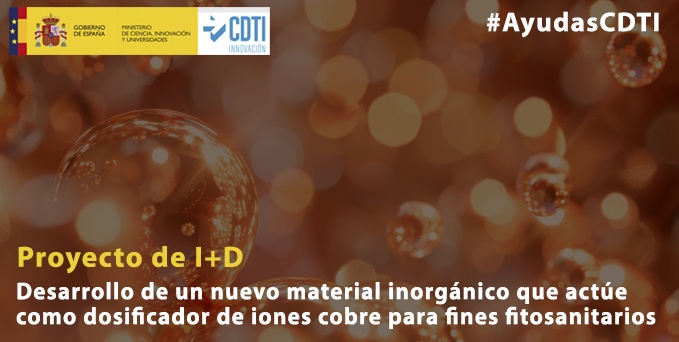
Development of a new phytosanitary inorganic material that delivers copper ions
The CSIC through the Nanomaterials and Nanotechnology Research Centre (CINN) and the Institute for Sustainable Agriculture (IAS) collaborates with the company Industrias Químicas del Vallés, S.A. (IQV) in the development of a new inorganic material that acts as a copper ion dispenser and can be applied for phytosanitary purposes.CDTI funds the project within the call […]

SustainableNano project- Spanish Network on Safe and Sustainable Nanotechnologies
The SustainableNano project is dedicated to promoting safe, sustainable, and socially impactful practices within the field of nanoscience and nanotechnology across Spain. Throughout the generation and dissemination of knowledge, provision of training, and active engagement in communication and outreach initiatives, the network strives to foster economic prosperity and enhance social well-being through the collaborative efforts of […]
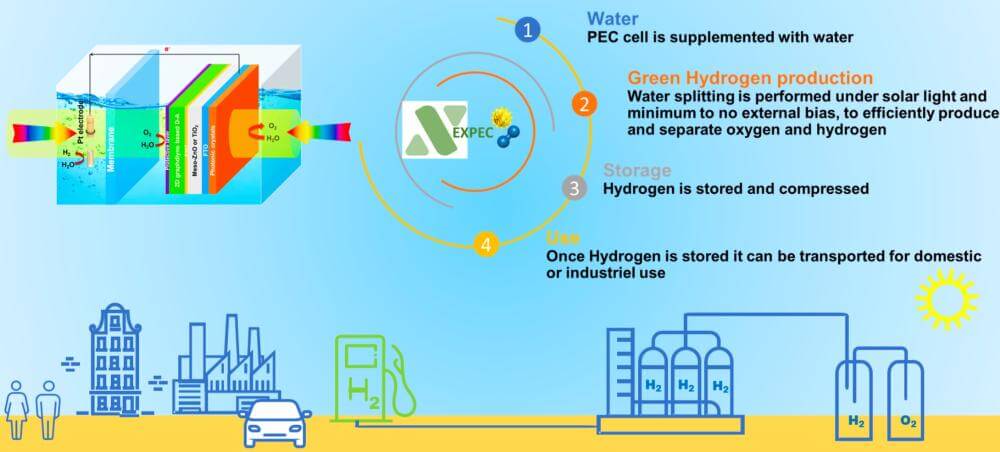
Next generation photoelectrochemical cell for hydrogen generation
Para lograr una reducción efectiva de las emisiones de gases de efecto invernadero es necesario prevenir el agotamiento de los recursos y ofrecer soluciones sostenibles para satisfacer la creciente demanda de energía. La tecnología desarrollada en el proyecto NEXPECH2 aborda eficazmente los desafíos mencionados anteriormente mediante el uso de energía solar para convertir el agua […]

Impact of dietary intervention on tumoral inmunity-DIgesT
Disease progression can be controlled in cancer patients through the administration of immune checkpoint inhibitors (ICIs). But, ICIs mainly show efficacy in subsets of patients and treatment costs are very high. Here, we use a dietary intervention to counteract cancer-related immune suppression through interfering with metabolic pathways. DIgesT will enable the exciting possibility of integrating cancer therapy with […]
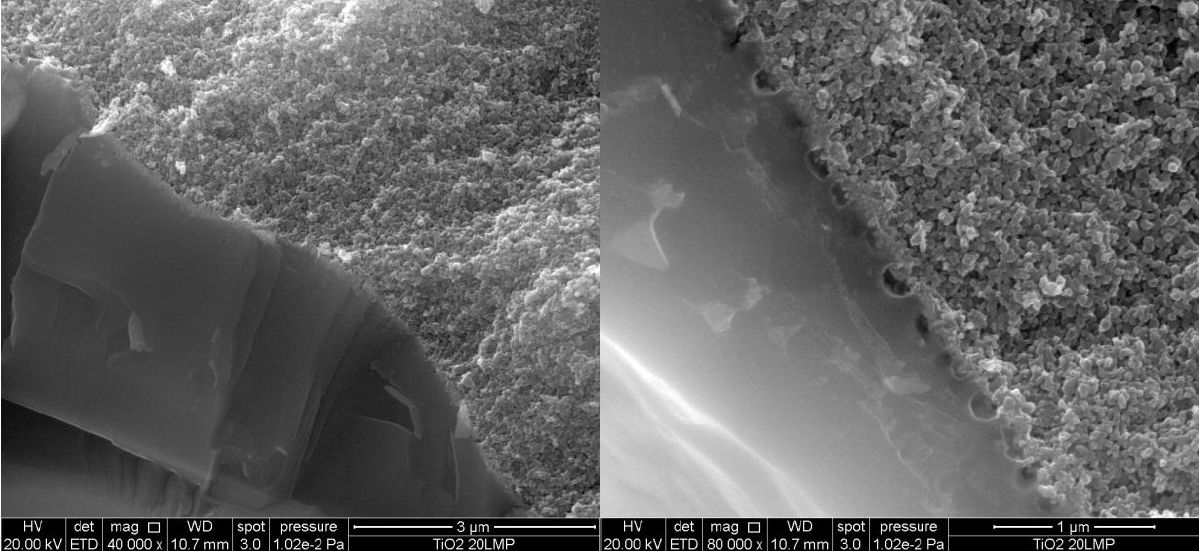
Development at low temperature of nanostructured materials from inorganic matrix for applications of advanced technologies
Abstract The technology transfer from experimental set up to large scale production of nanoparticles always finds a non completely solved trouble: the safe handling of large amounts of nanopowders. In fact, the small aerodynamic radii as well as its very high specific surface make them a very complicate system to process. In this regard, one […]
